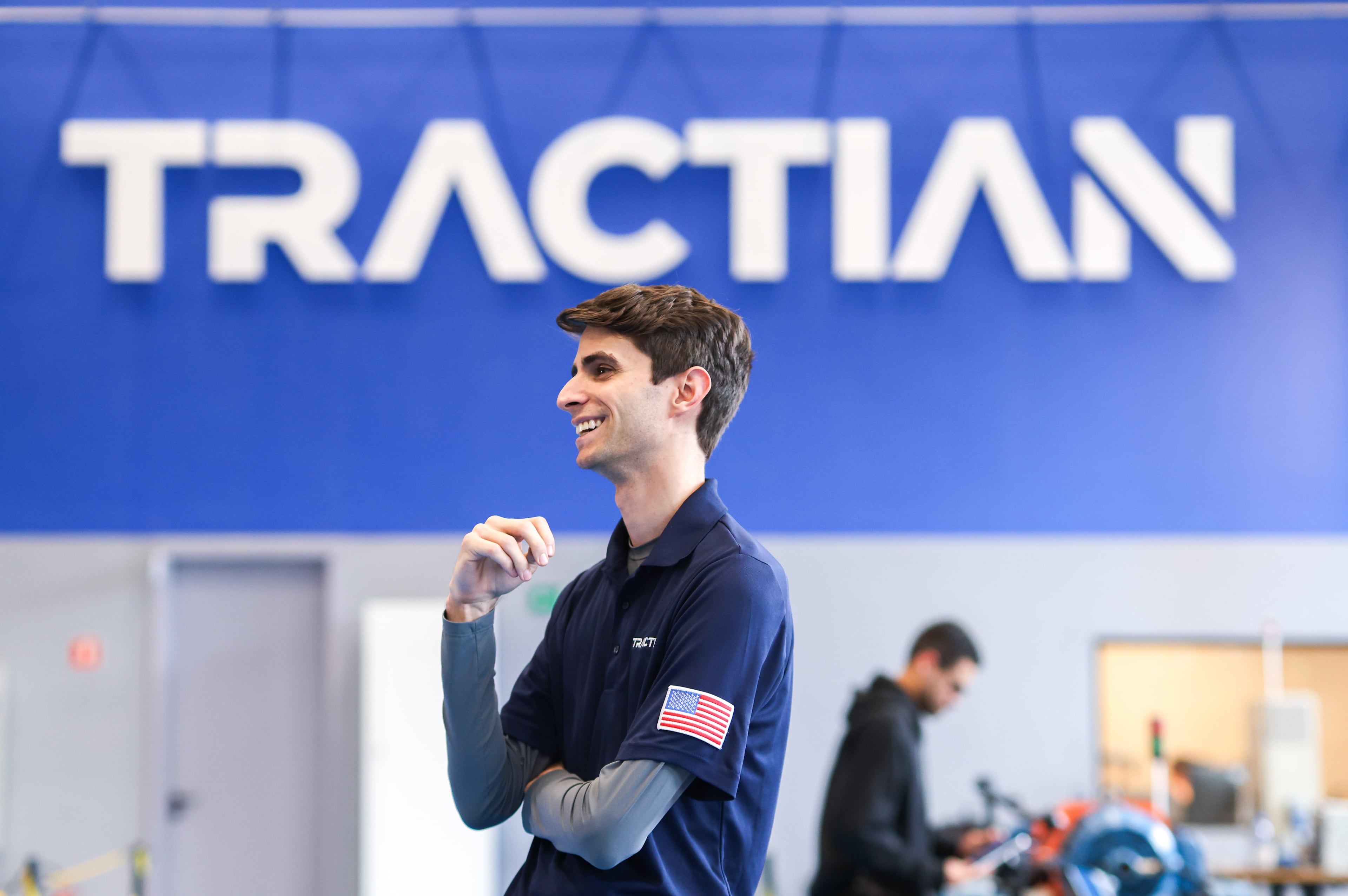UPDATE: Parker “Pete” Petit convicted of securities fraud

Parker “Pete” Petit, one of Atlanta’s most prominent entrepreneurs and the former chief executive of MiMedx Group, was convicted of securities fraud by a jury in a federal court in New York on Thursday.
The verdict represents a stunning fall for the erstwhile business leader who scaled financial, social and political heights over decades, donating millions of dollars to local organizations, his name splashed across buildings at Georgia Tech and Georgia State University as well as GSU’s football field.
Petit, 81, who had run MiMedx until being forced out in 2018, is scheduled to be sentenced on Feb. 23, according to a statement by Audrey Strauss, acting U.S. Attorney for the Southern District of New York.
The securities fraud count carries a maximum sentence of 20 years in prison, but sentencing is up to the judge.
William Taylor, 52, former MiMedx chief operating officer, was convicted of “conspiracy to commit securities fraud, to make false statements in SEC filings and to mislead the conduct of audits,” according to Strauss. Taylor is scheduled for sentencing Feb. 24.
The two men are out on bail pending sentencing.
They were charged in connection with what prosecutors said was a scheme to inflate the apparent revenues of MiMedx in order to meet Wall Street analysts’ expectations for the Marietta biotech company and please investors. They denied the charges.
Petit had earlier founded two other companies, Healthdyne and Matria Healthcare, and rubbed shoulders with then-Sen. Johnny Isakson and former Secretary of Health and Human Services Tom Price. He was Donald Trump’s Georgia campaign finance chair in 2016.
But there had been rumblings of trouble. Matria paid $9 million in 2006 to settle a dispute over billing practices. In 2016, MiMedx agreed to pay a $3 million class action settlement with shareholders who alleged it misrepresented the regulatory status of some products.
In 2016 and 2017, some former MiMedx employees sued the company and Petit, alleging they had been fired for calling attention to a scheme in which MiMedx flooded hospital shelves with products that hadn’t been ordered and booked the revenue.
Then, in late 2019, the U.S. Attorney charged Petit and Taylor, taking them to trial late last month, the first white-collar fraud jury trial in the Southern District of New York since the start of the pandemic.
Prosecutors said the two men boosted the company’s reported revenue in 2015 using secret arrangements with MiMedx business partners. Prosecutors said the company’s 2015 filing with the SEC added $9.5 million to the company’s income.
Attorneys for Petit and Taylor argued during the trial that the prosecutors were trying to turn innocent accounting mistakes into crimes.
MiMedx last month reached a settlement in a shareholders’ suit, agreeing to pay $3.5 million. The company, which uses placental tissue for a variety of products promoted for treating everything from wounds to burns and orthopedic injuries, also agreed in April to pay $6.5 million to end a federal fraud inquiry.
MiMedx reported earlier this month a net loss of $32.7 million in the first nine months of 2020, up 81% from a year earlier. Net sales fell 19% to $179.7 million.



